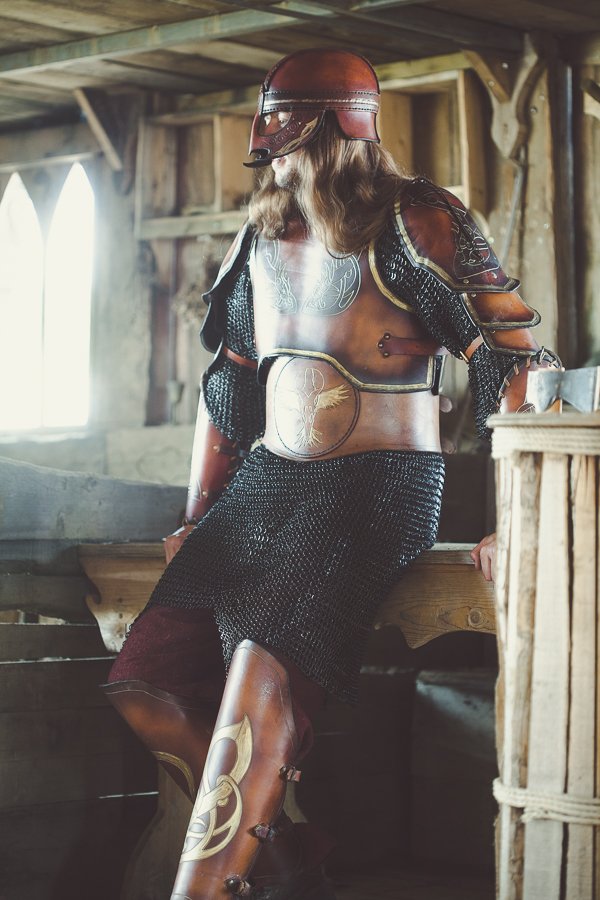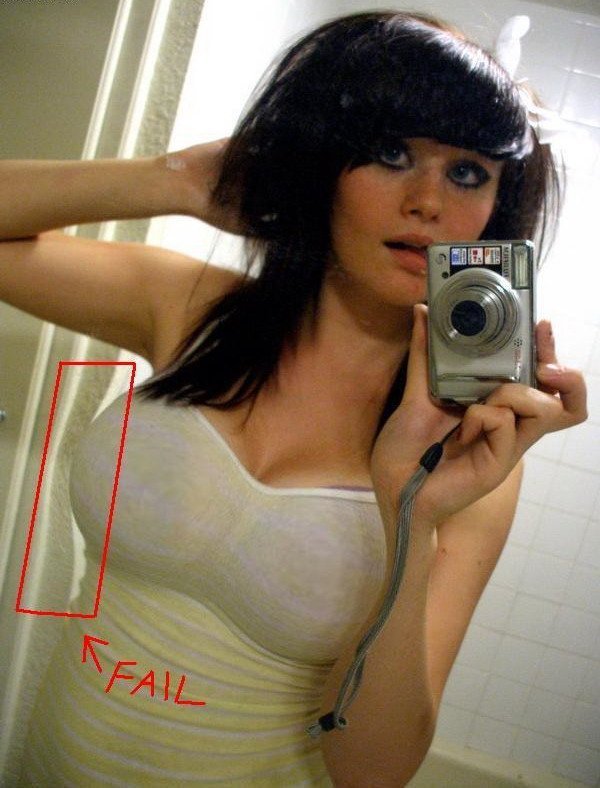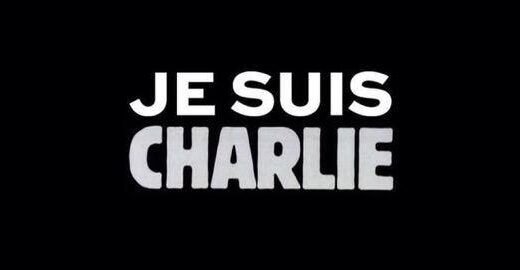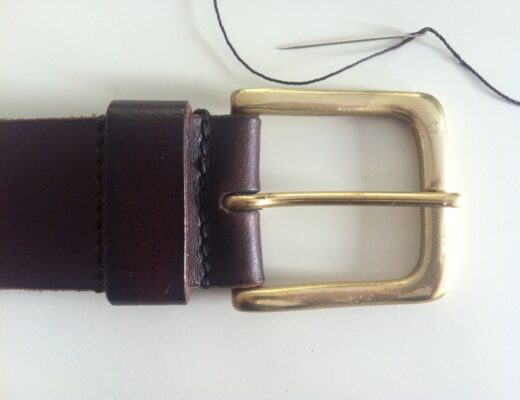Very early on in my photographic career I discovered that my talent was most certainly not for taking photographs (although I’m not too bad at that either) but rather for looking at other peoples photographs. I worked out that with all the business acumen in the world I would never progress above the level of a-bit-better-than-average and I’d have to be happy on a lower end, modest salary for the rest of my life. Anyone that knows me will recognise that I’m not the kind of person to settle, so I took a long time working out what part of photography I am good at.
I’m really good at looking at pictures. I can pull portfolio images together with ease that other people don’t seem to have. I can see flaws in images and identify how things could be better. More to the point I actually enjoy doings things like this far more than taking pictures. Talking about and looking at photos is what I’m good at so I decided to go to university to do a degree in History of Art. And I’m doing very well at it, getting a first at the end of my first year.
But what does this have to do with choosing a photographer to study with?
Lots of photographers claim to be able to offer an awful lot to new photographers. The reality is that they don’t. Only today I saw a wedding photographer on Facebook who was offering the ‘opportunity’ to assist him on two weddings this weekend. He said it was a great chance for someone looking to make a career as a photographer. He also said you had to provide all your own gear (a minimum of a basic digital camera and an 18-55mm lens along with a flash gun) as well as your own transport too and from the venues. Graciously he said you’d be able to take and use any pictures you like – I hope his clients are happy with that!
The big, fat cynic in me started to creep out and ask questions and provide answers along these lines:
- He stated he was shooting three weddings this weekend. Three weddings in a weekend? Fuck my life that’s alot. Quantity is certainly a viable business model but remember that you can’t have quantity, quality and low cost. One of those things has to give. He wasn’t a very expensive photographer.
- The gear he wanted the assistant to provide. Top photographers will often have gear for their assistants. That way they know it’s all maintained, insured and in great working order. However often assistants do provide their own kit, so that’s not totally unusual. It was the mention of the 18-55mm kit lens that did it for me. You cannot shoot a wedding on an 18-55mm kit lens. It doesn’t let enough light in for the ceremony or the evening celebrations. It’s not long enough to shoot much of the ceremony from where an assistant is likely to stand. It’s not good quality enough to produce a high quality result. The kit lenses are generally soft and hard to get good results from – certainly in the hands of someone inexperienced. There’s no way in a million years I’d consider using a 18-55mm kit lens for a wedding I cared about producing good results for – there’s a reason you can pick them up for less than £20 on eBay. I’m not a gear snob at all, quite the opposite in fact. But if you’re shooting someones wedding, this isn’t a time for shooting with entry level kit most of the time.
- If you’re looking for assistants who want a break in the industry you’re mostly going to be looking at young people. People who have just finished degrees or who have just finished school. Makes you a bit of an arsehole to say that you won’t drop someone too and from a train station or similar. Young people often don’t have their own transport and since they’re doing you a favour here as much as you’re supposedly helping them out, the least you can do is offer to pick them up from the station.
- He also mentioned that he couldn’t pay because he had to pay for insurance for the assistant. Warning bells, he’s not charging enough money. Why can’t he charge enough money to pay for an assistant? Must be because his photos aren’t very good or he’s a terrible business person – do you really think you can learn skills about the industry from a person who is either of those things?
- Lastly I looked at his pictures. My suspicions were correct, they were terrible.
There is so much emphasis put on taking photographs. At first glance that sounds like a silly thing to say. Of course if you want to be a photographer you have to take lots of photographs, right? Well yeah, of course you do. But you also need to look at photographs and learn what good photographs look like.
This is where you go ‘But Char! Art is subjective!’ yes well… no. But yes. It is, different people can have different aesthetic tastes, but quality is not subjective when it comes to traditional commercial photography. (I’m going to insert a disclaimer here that some people make ‘poor quality’ their style, I’m not discussing that).
Before you even think about assisting someone for experience (i.e. without getting paid) or apprenticing someone you need to take some time out to educate yourself as to what a quality photographer means. Learning to recognise bad photoshopping or things like, oh you know, the whole fucking image being out of focus are crucial skills for an assistant. I mean we all think stuff like the following shot is really funny, but the reality is that lots of photographers skills are no better. And why would you want to work with someone like that?
As an assistant your job is attention to detail. Attention to what the photographer is doing, attention to what s/he wants, attention to the brides dress and to the grooms suit. Attention to detail is one of the more relevant skills that either a photographer or an assistant can have and you need it before you even do your first job.
Learning this skill requires looking at images and learning why they work and why they don’t. My attitude to photography hasn’t always gone down well in the LRP world – I simply refuse to put pictures online that do not meet my standard. That means they must be in focus, they must be sharp, they must be well composed and they must have a good background – I’d say they are fairly minimal requirements for any photographer who wants to be half decent. You should not assist or try to learn from any photographer that doesn’t have those skills.
Here’s a good example. A few weeks ago I shot some stuff for Evenlode. I was feeling kind of under the weather, it was hot, we were doing things in a hurry and I didn’t pay enough attention. This is a photo I love. You know what I don’t love? The fact that the belt isn’t centred with the rest of the armour.
 If a photographer is kicking out work with constant mistakes like this, you shouldn’t be studying from them. And you need to teach yourself to spot mistakes. That could be brides dresses being messed up, or it could be bad photoshopping or inability to focus, but before you even start to work with another photographer with the intent of learning you need to understand and recognise these things.
If a photographer is kicking out work with constant mistakes like this, you shouldn’t be studying from them. And you need to teach yourself to spot mistakes. That could be brides dresses being messed up, or it could be bad photoshopping or inability to focus, but before you even start to work with another photographer with the intent of learning you need to understand and recognise these things.
Working with just any photographer won’t help you. You need to be picky and as an apprentice it’s your prerogative to do so. Don’t just take every opportunity that comes along, hunt people out. You’ll learn more and you’re learn quickly. And you’ll be better.
Learning about images is just as important as learning to shoot images. Don’t let anybody tell you otherwise.





